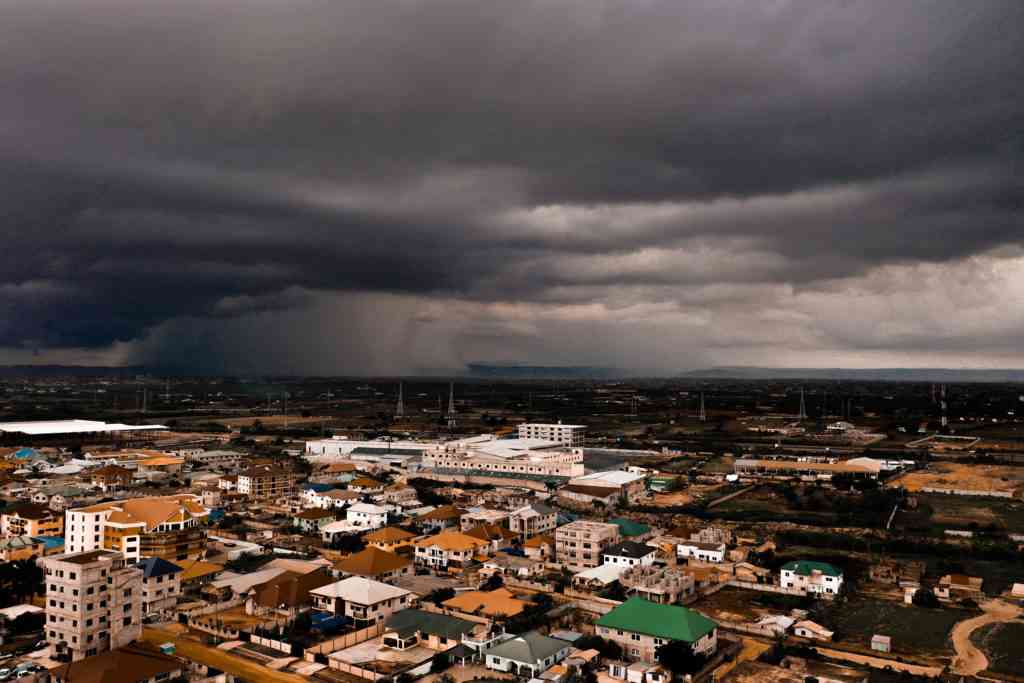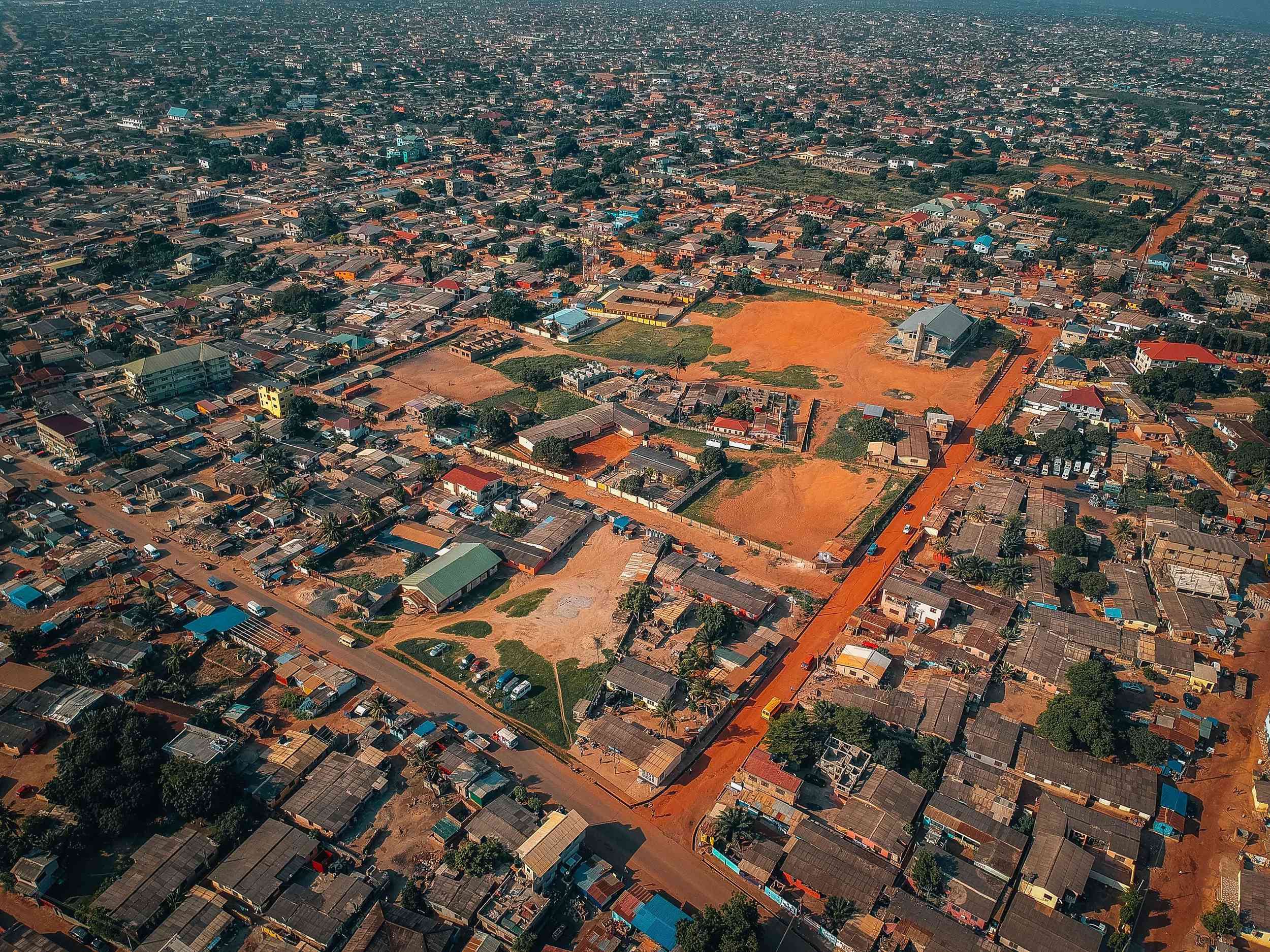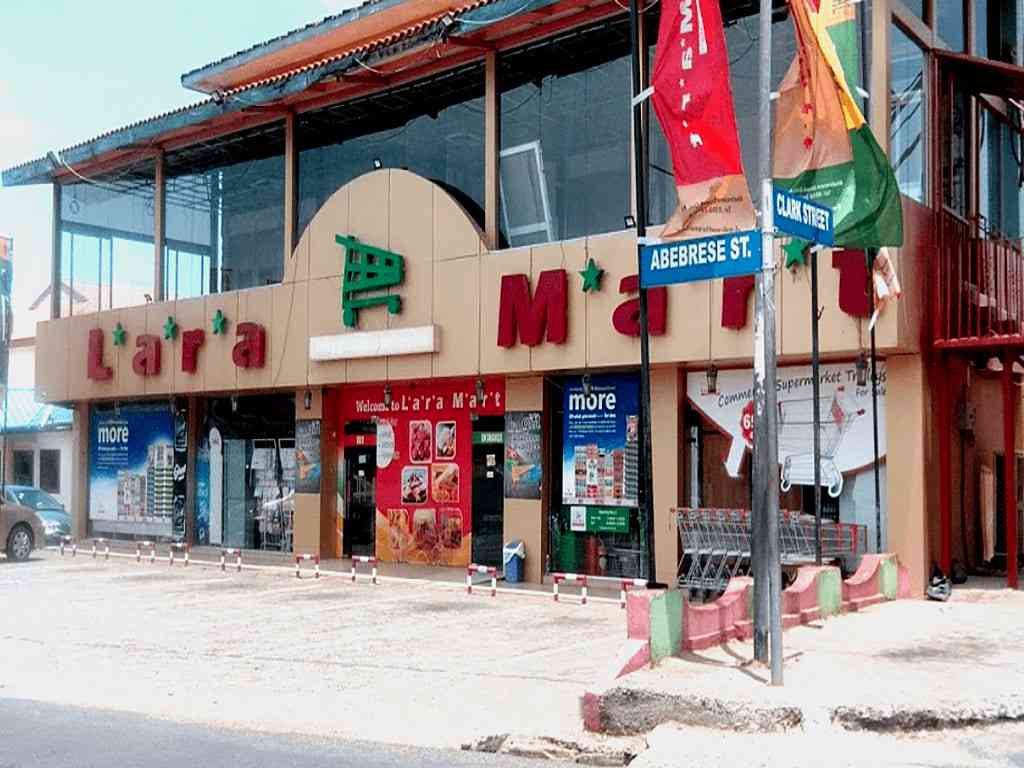Table of Contents
Can You Drink Tap Water in Accra?
No, tap water is not drinkable.
Tap Safe includes data from many publicly available sources, including the WHO (World Health Organization), CDC (Center for Disease Control), and user submitted databases, but unfortunately there's not enough data about Accra.
To see user submitted ratings of the water quality for Ghana, see the "User Submitted Ratings" box on this page.
As a professional water filter reseller, I am often asked about the quality of tap water in Accra Ghana. As the capital of the country and a major tourist destination, it has become imperative that the quality of the tap water is impeccable. But how can we ensure that this is so?
Tap water is usually treated using chlorine and chloramine. Both of these are highly toxic. So, what we need is a comprehensive solution for this problem.
The best way to protect your family from contaminants in tap water is with a multi-stage filtration system. It will remove the heavy metals such as lead, cadmium, and mercury from the water as well as other harmful compounds like bacteria, fungus and protozoa.
Most people are also unaware that reverse osmosis is not an effective water purifier. In fact, it can even make your tap water even more contaminated.
There are many companies manufacturing reverse osmosis and other aqua technology systems in
Tap water in Accra, Ghana, is not safe for drinking, and some parts lack access to improved sanitation. You should only drink water that is boiled or treated. The majority of families have no access to safe water and lack of upfront funds required to invest in their resolutions. Consequently, those living in poverty usually pay up to ten times more per liter for water service from private vendors than their middle-class counterparts connected to piped water services. Through investments, they can reduce the water cost to developed household water assets such as connections, rainwater harvesting equipment, wells, and latrines. Unfortunately, this requires up-front investments that, without access to financing, are unrealistic for most of these people.

Stick to drinking bottled water in Ghana and try to avoid the sachets of water sold on the street. Often contaminated water can found from the street. Officials advised that you should only buy sealed bottled water to any trusted convenience store or supermarket.
Due to drinking contaminated water, the third most usual reported diarrheal illness at health centers over Ghana. 25% of all deaths in children under the age of five attributed to diarrhea.
Source of Water in Accra, Ghana
Accra tap water originates mostly from surface water treated. And spread by the national water company with a minor and relatively unknown part from groundwater, extracted by individuals except in the southern parts of the city, closer to the sea. The GWCL treats around 61 and 70 million cubic meters per year. Respectively the Weija lake and the Volta River supply the city. Piped supply network covers 36% of the 200 km2 of the AMA municipal area. A third water source in use is groundwater.
The remaining area relies on secondary supply from small scale water vendors that fill up the gap between piped supply and public demand. Not all of the treated water supplied to the city is for human consumption. There are substantial physical losses within the distribution system. These aggravate the situation of water availability. Non-revenue losses comprise non-revenue water and material losses, amounting to 55% of total water supplied.
Accra‘s water administrators have a challenging task as they are covering a significant supply-demand gap. AVRL estimates that the supply in Accra meets only 50-60 % of the actual demand. The term real demand in itself is unclear – but it is assumed that 60% of the population survives on less than the free fundamental requirement.

The estimated price of bottled water
$0.56 in USD (1.5-liter)
USER SUBMITTED RATINGS
- Drinking Water Pollution and Inaccessibility
- Water Pollution
- Drinking Water Quality and Accessibility
- Water Quality
The above data is comprised of subjective, user submitted opinions about the water quality and pollution in Accra, measured on a scale from 0% (lowest) to 100% (highest).
Related FAQS
Reminder
Always take extra precautions, the water may be safe to drink when it leaves the sewage treatment plant but it may pick up pollutants during its way to your tap. We advise that you ask locals or hotel staff about the water quality. Also, note that different cities have different water mineral contents.
Sources and Resources
Sources Cited
Current Weather in Accra
ACCRA WEATHERSome of the Local Convenience Stores in Accra

- Max Mart Express
- Pamicor
- Lara Mart
- Koala
- OPTIONS
- Saagar
- Great Wall Supermarket
- Novelty
- Shoprite
- Kayasbabe Mart
- The Family Store
- Maxmart 37
Estimated Price of Bottled Water
| Volume | GHS | USD | EUR | GBP |
| 1.5-liter | ₵3.00 | $0.54 | €0.49 | £0.42 |